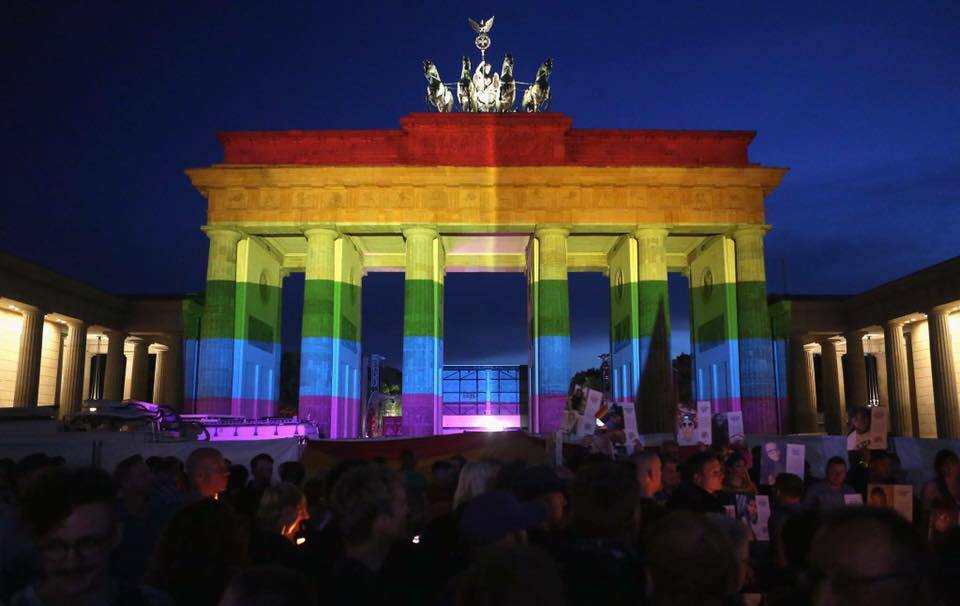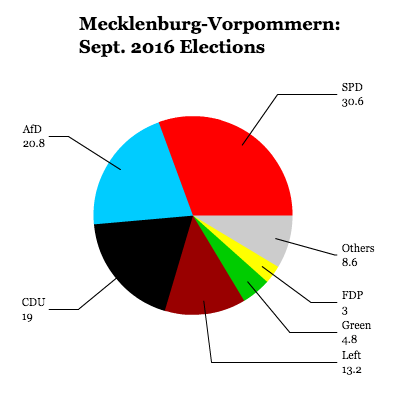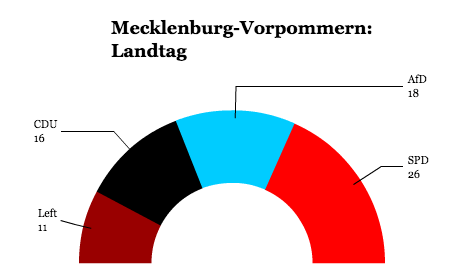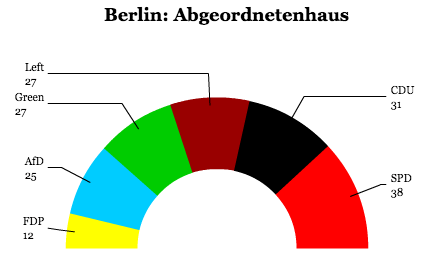
The last time that the Brandenburg Gate was alight in LGBT rainbow colors, it was to commemorate the mass shooting of 49 revelers at Pulse nightclub in Orlando.![]()
But there’s a good chance that, by the end of this week, it could be illuminated again when German legislators — quite suddenly — take up marriage equality in what will be a free vote of conscience for all members of the Bundestag, the lower house of the German parliament.
As Friday is the final day in legislative session for the Bundestag, German chancellor Angela Merkel has acquiesced to the vote after facing pressure from each of the three parties that could coalesce with Merkel after the September 24 federal elections. Freed from the strictures of party discipline, many of Merkel’s conservatives are expected to join with marriage equality proponents on the center and left for an easy majority.
Within days — or even hours — the Bundestag is likely to legalize same-sex marriage. Just like that. Ehe für alle, marriage for all, will become a reality in the country of 82 million.
It’s a win-win-win. Merkel takes a long-contentious issue off the agenda for the election campaign, despite the fact that LGBT marriage rights are an issue that deeply divide her party. Merkel’s opponents can claim that their leadership forced Merkel into a retreat on the issue. Both sides see advantages for the campaign ahead. And, of course, for same-sex couples in Germany, their unions will finally be recognized on the same scale as other marriages.
For years, even as the United Kingdom, Ireland, France, Spain, Portugal and the Nordics all implemented full recognition of same-sex marriage, Germany lingered in an odd limbo. Due to the socially conservative views of many members of chancellor Angela Merkel’s center-right Christlich Demokratische Union (CDU, Christian Democratic Union), same-sex marriage hasn’t exactly been at the forefront of the German legislative agenda since Merkel took power in 2005. Many CDU politicians are still uncomfortable with LGBT marriage on religious grounds, and that’s doubly true for the CDU’s Bavarian sister party, the Christlich-Soziale Union (CSU, Christian Social Union), which historically is highly influenced by social conservatism and the teachings of the Catholic Church. Continue reading Germany could achieve marriage equality by week’s end





